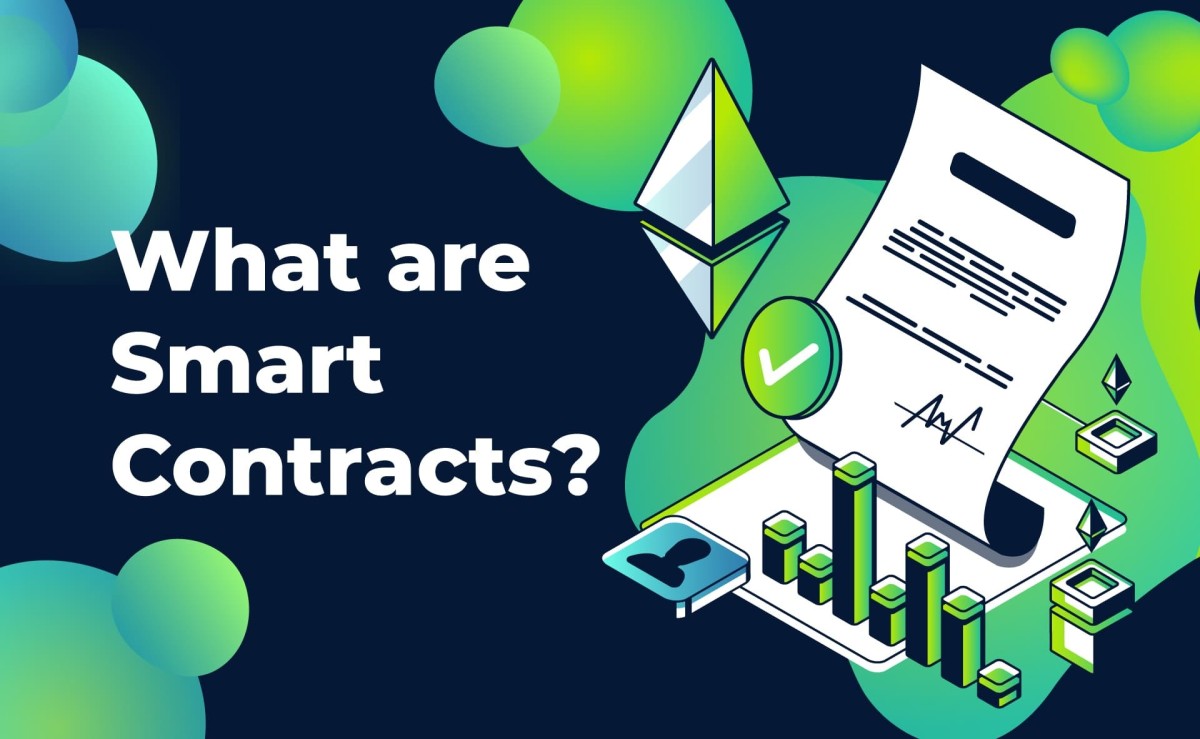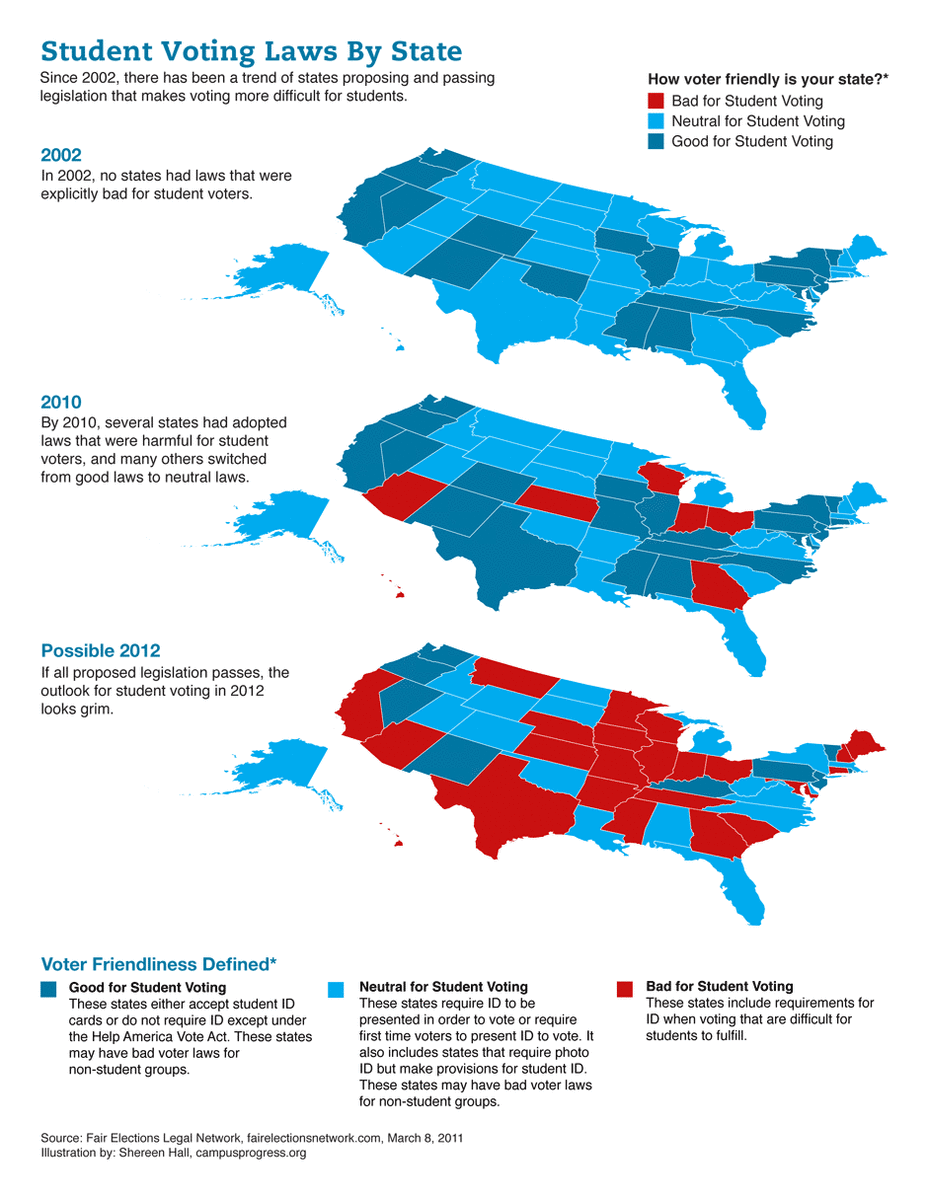Is there a defined process to arrive at the costs of public contracts?
The process of bidding on public contracts through government entities is not a simple one. The philosophy of prevailing wages for government contracts impacts the bidding process potentially makes it difficult for businesses to adequately bid a viable contract. Examples have been in the news where a company did not have the winning bid sued on the bases that a prevailing wage for the work to be done was not included in the contractual language. One example resulted in the contract being nullified and the company going out of business simply for the reason they could not pay the fines being imposed. Contractual language should be firm with regards to what was proposed and accepted. Changing the terms and conditions of a contract by reason of a lawsuit sets a destructive precedent. The result of and if a contractor is awarded a contract other bidders can sue if it is felt violations are involved with the requirements for a prevailing wage.
The term prevailing wages is one which bears understanding and possible action by us as individuals and perhaps as our elected officials and/or appointed officials. According to businessdictionary.com the definition of a prevailing wage is: “Trade and public work wages paid to the majority of workers in a specific area. The prevailing was is usually an hourly wage and determines overtime as well as benefits for laborers in that field.”
Given the definition of what is a prevailing wage it is unclear who determines what this wage is from one location to another and one state to another. Many states have their own prevailing wage legislation but what data goes into making this determination is vague to say the least. The requirement for prevailing wages is typically included in public contracts either at the federal, state or local level. It is understandable that there should be a decent wage for work being done whether it is for a government contract or a private contract. The issue should not be about how much is paid but the quality of the work to be performed based on the reputation of a contractor to do the job.
The Department of Labor under their employment and training website identifies the prevailing wage paid to similarly employed workers in a specific occupation in the area of intended employment. Something is missing in this designation of prevailing wages. It is not identified what data is utilized to determine the required wage to be paid. In another aspect contracts that are signed by government entities should be held to be firm contracts. Organizations which did not receive a contract should not have the right to negate a contract legitimately signed by government and contractors through lawsuits and courts should not grant them this power through their decisions.
In further research there is some evidence that prevailing wages amount to union wages and is a push by government which some feel is inappropriate and inefficient. The federal law regarding prevailing wages is through the Davis Bacon Act. The objective of establishing a prevailing wage may not necessarily be a bad thing it is the details within the process or the lack of it in how a prevailing wage is to be determined. According to what could be found the objective was to prevent contractors from bidding such a low price without the capability of performing the requirements is a valid concern.
In doing some additional research I could find not find the source of any wage data being collected to determine a prevailing wage which for the same occupation is different from one state to another. I agree that wages will be different from one state to another but again the source of the data for any occupation in any state is not clearly defined. Some states reference the Davis Bacon Act which is part of the Department of Labor. If the data is based on union wages it omits data from non-union organizations which would impact the wage determination process. It is true that this act relates to contracts from government entities especially those with government funding. If the process to determine the level of wages to be paid on government contracts is flawed which at this point appears to be the case, the price being paid in government contracts may be higher which equates to an overpriced contract and extra expenses which increasing the cost of government operations needlessly. Government has a way of creating processes which are not clearly defined to achieve the end objective.







